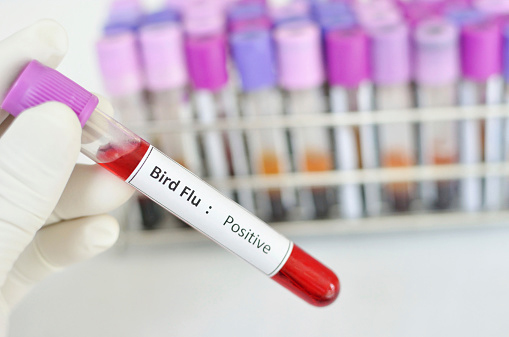What research priorities to fight animal influenza?

Related topics
Agriculture & Forestry Sustainable agriculture and forestry EU countries Italy Food security, sustainable agriculture and forestry, maritime and martime inland water research and bio-economy United States of Americadate: 08/01/2015
Contact: Jean-Charles CAVITTE
To feed the reflection on the future research agenda on animal influenza, the European Commission's (EC) Directorate General for agriculture and rural development and the European Food Safety Agency (EFSA), in collaboration with EC's DG Research and Innovation, organise a workshop on 8-9 January 2015 at EFSA premises in Parma.
Fighting animal influenza is a major challenge for animal and human health which requires continuous knowledge building and development of appropriate control tools. The EU has invested over 25 million euros in 17 research projects dedicated to animal influenza since 2002. Beyond these specific projects, several additional projects undertaken in the same period addressed animal influenza as a part of their activities.
This event aims at mapping the achievements and limitations of these projects and at discussing knowledge gaps and priorities for research needs on animal influenza. In doing so, participants will take into account the European and International framework on influenza and related policy needs.
Around 25 scientists and representatives of relevant European and International organisations as well as the United States Agricultural Research Service will participate together with a dozen of representatives from European Commission's Agricultural, Research and innovation and Health and consumers departments, European Centre for Disease Control (ECDC) and EFSA.
On the first day, experts will take stock of the current state of the art on four themes: host-pathogen interactions, diagnostics, surveillance and risk assessment and prevention and control. For each of these themes, an overview of current knowledge will be presented as well as knowledge gaps identified. On the second day, experts will aim at prioritising the different research needs identified.
Workshop results are expected to feed into future policy development, in particular future research actions to be financed under Horizon 2020.
